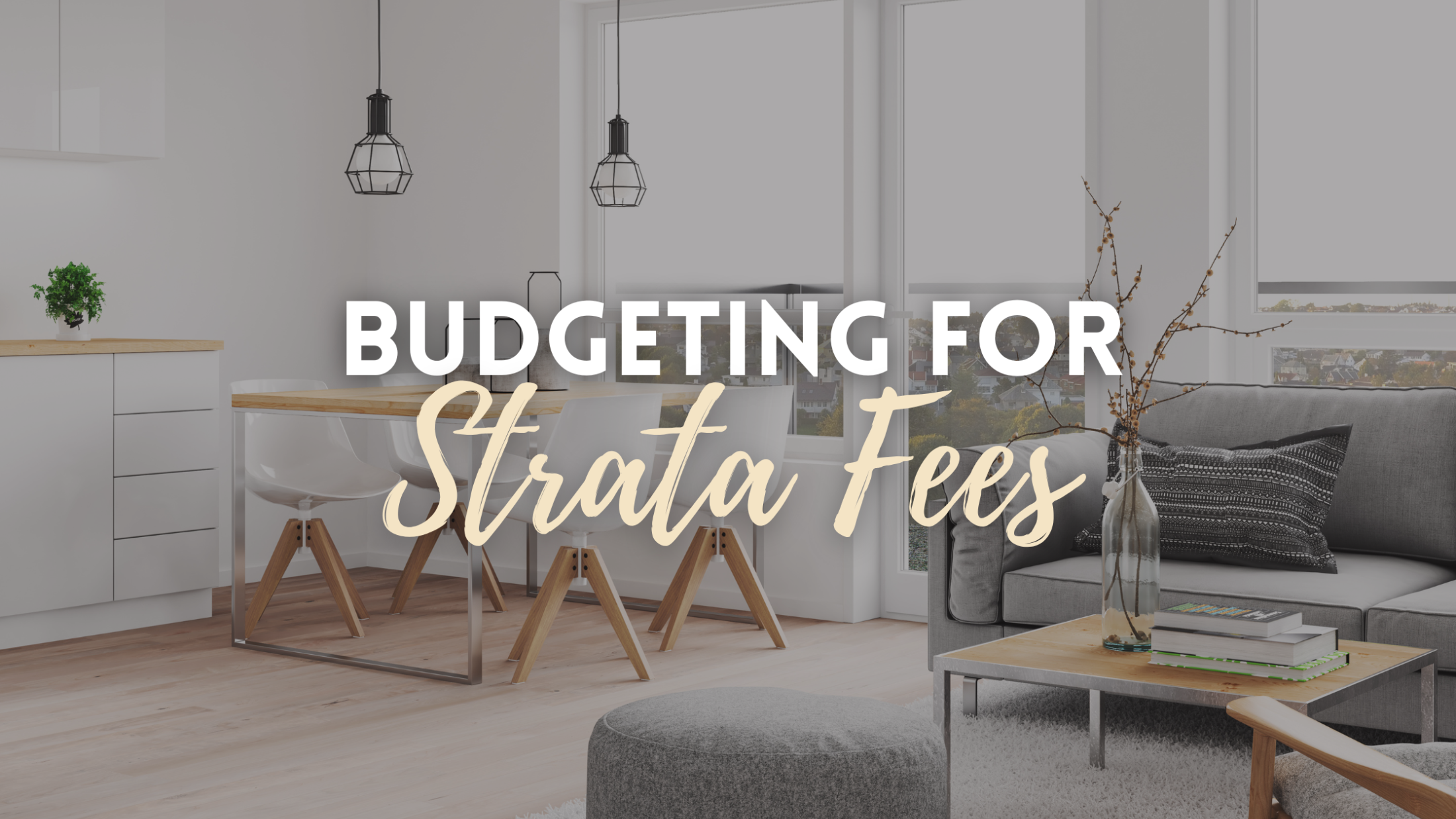A Balanced Victoria Real Estate Market Continues to Provide Consumers with Options
The latest October stats from the Victoria Real Estate Board show a steady and balanced market — good news for both buyers and sellers as we move toward winter.
A total of 617 properties sold across Greater Victoria in October 2025, down slightly (5.7%) from October 2024, but up 11.4% from September 2025. Single-family home sales rose by 2.9% year over year, while condo sales dipped 15%.
“The local real estate market remains reasonably balanced,” said VREB Chair Dirk VanderWal. “Single family homes are seeing the strongest demand, and this month marked the highest number of October sales since 2020.”
At the end of October, there were 3,423 active listings, 8.3% higher than this time last year — giving buyers more choice and time to make confident decisions.
Meanwhile, the Bank of Canada’s latest rate cut late in October is a hopeful sign for affordability. It’s still early to see how it will impact fixed and variable mortgage rates, but many buyers and homeowners are watching closely.
What This Means for Buyers
With a balanced market and more listings available, buyers have breathing room to explore options and negotiate strategically — especially for condos, where there’s a healthy selection right now. Slight dips in single-family home prices (down 1.8% from last year) also open opportunities for those ready to make a move before competition heats up again in spring.
If you’re considering purchasing, now’s the time to get pre-approved while rates may start adjusting downward. I can connect you with a trusted local mortgage broker to discuss your financing strategy before your dream home hits the market.
What This Means for Sellers
For homeowners thinking of selling, this balanced market means motivated, qualified buyers are still out there — particularly for well-priced single-family homes and townhouses. With the right preparation, presentation, and pricing strategy, your property can stand out before the seasonal slowdown.
Curious what your home could sell for today? I’d be happy to provide a personalized home evaluation to help you plan your next move confidently.
For Those Renewing Their Mortgage
If your mortgage renewal is coming up soon, this is a key moment to reassess your options. The recent Bank of Canada rate cut could offer a chance to lock in a more favourable rate or explore refinancing options that better fit your goals.
Not sure where to start? I can introduce you to an experienced mortgage broker partner who can walk you through the numbers and strategies tailored to your situation.
In Summary
The Victoria housing market continues to demonstrate balance and resilience. Whether you’re buying, selling, or renewing, staying informed and working with trusted local professionals ensures you make your next move with confidence.
📞 Ready to talk strategy?
Let’s connect to discuss how today’s market trends align with your goals. Reach out directly at 250-415-5656.
Jacqueline Ross
REALTOR® | Coldwell Banker Oceanside Real Estate
(250) 415-5656
jac@yourvanislehome.com
www.YourVanIsleHome.com
Instagram | Facebook
Get the newsletter!
Helping you find home — and community — here in Victoria, BC.






